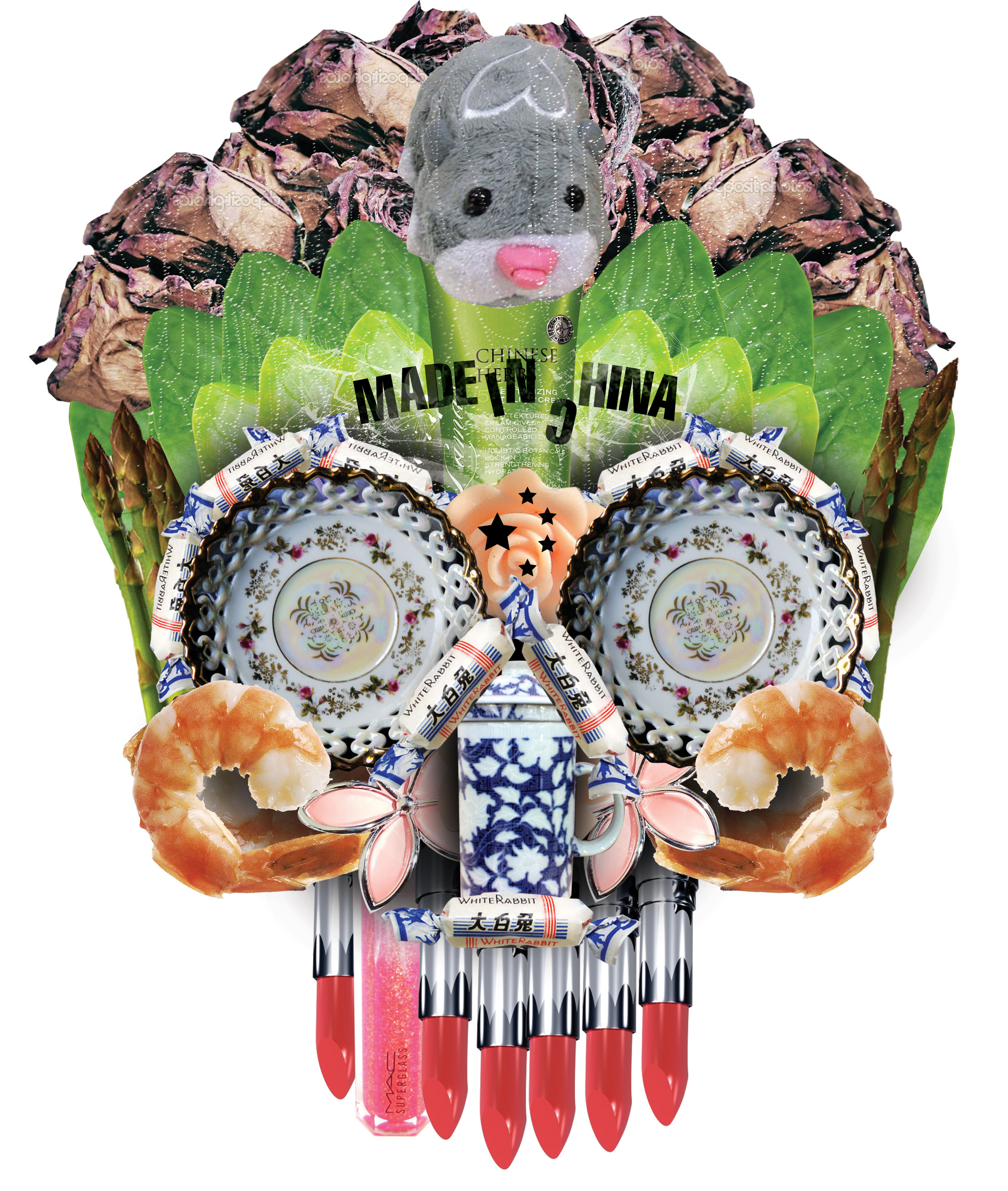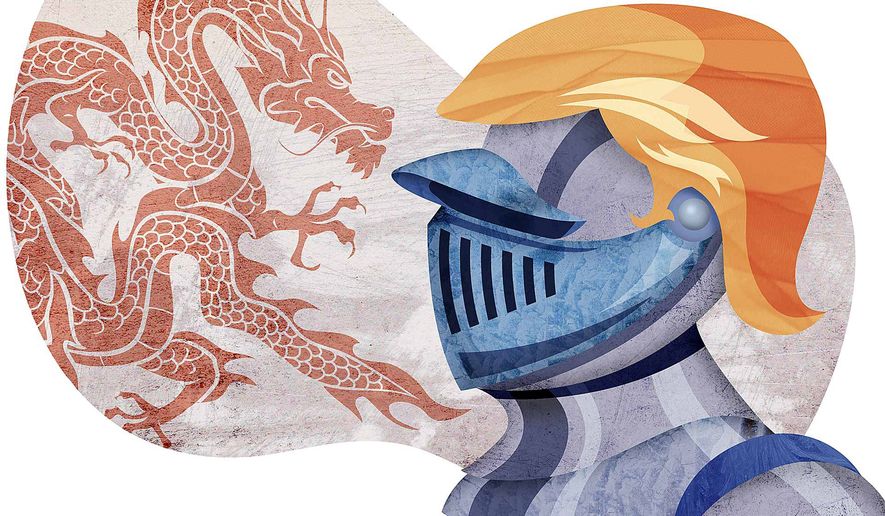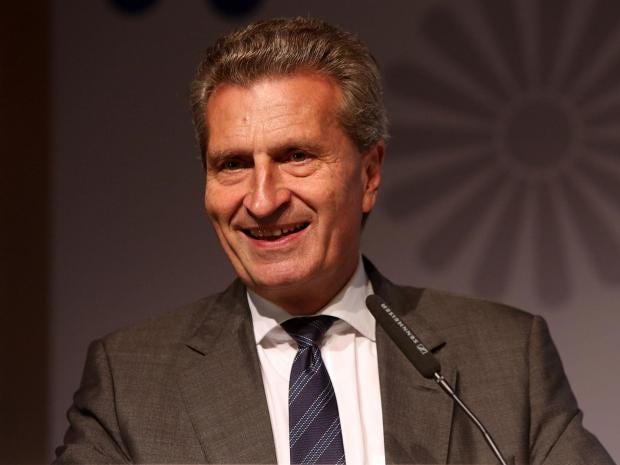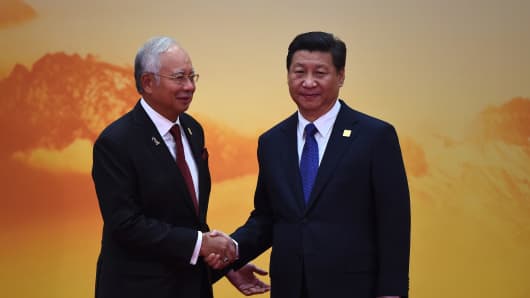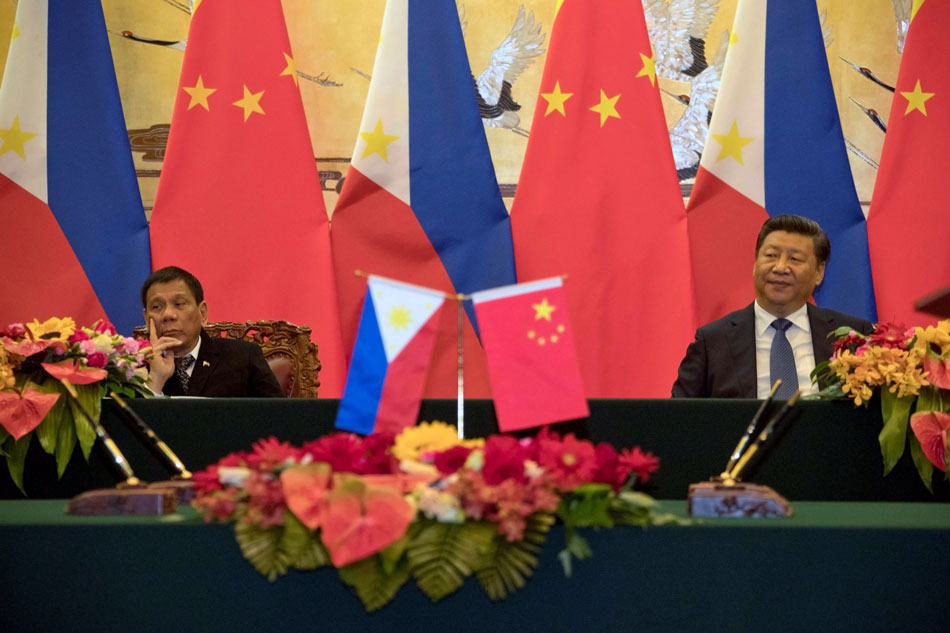Dipont helped Chinese students cheat on their college applications. The company also has spent widely to get its clients in front of schools such as Vanderbilt University, Wellesley College, Tulane University and the University of Virginia.
By Steve Stecklow, Renee Dudley, James Pomfret and Alexandra Harney
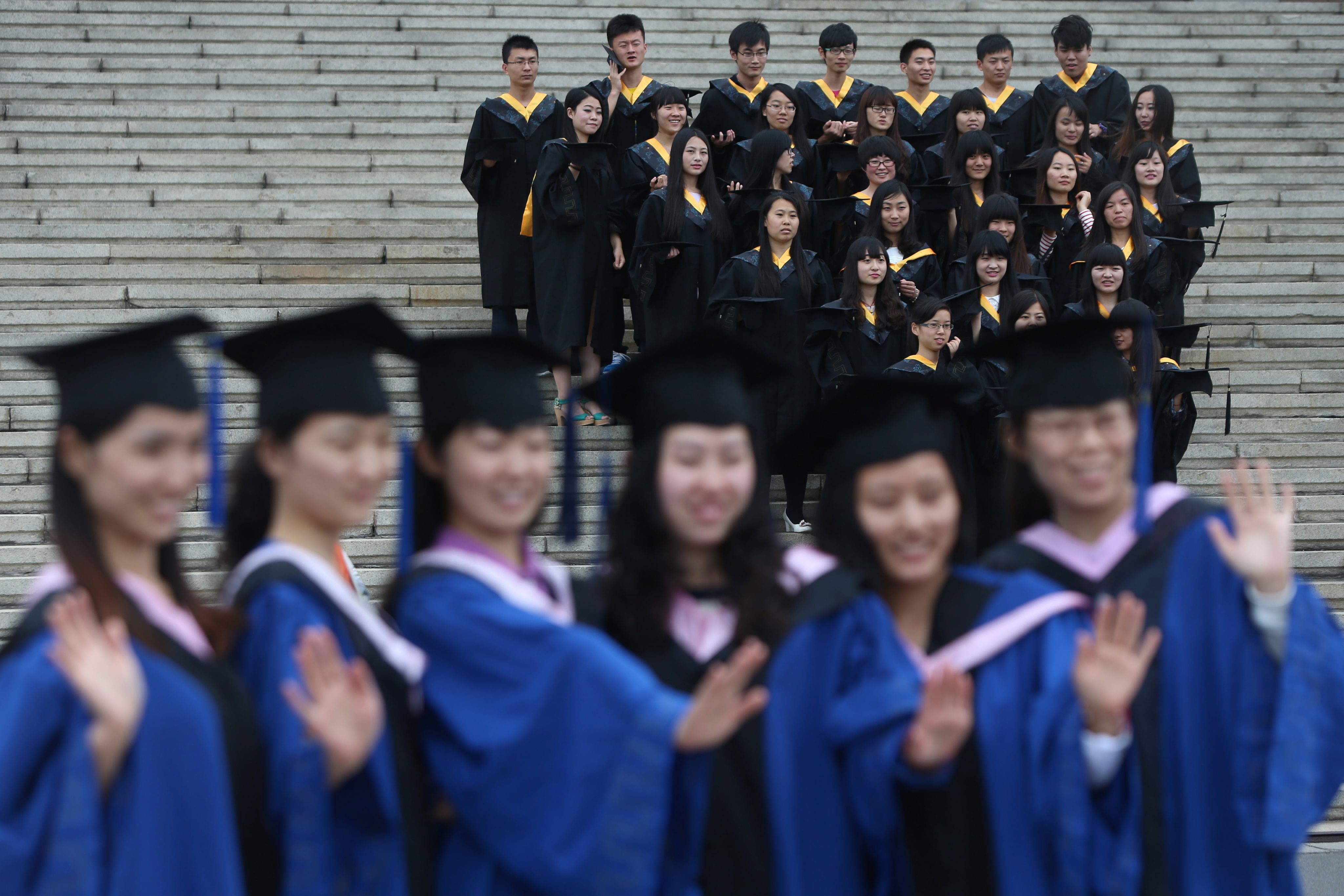
NEW YORK/SHANGHAI – A major Chinese education company has paid thousands of dollars in perks or cash to admissions officers at top U.S. universities to "help" students apply to American schools.
And according to eight former employees of Shanghai-based
Dipont Education Management Group, the company’s services didn’t end there.
Six told Reuters that
Dipont employees wrote application essays for students.
Another said she altered recommendation letters that teachers had written for students.
One student was given access to his high school transcript and erased bad grades, one of the former employees said.
Dipont denies the allegations of application fraud but boasts of its special relationship with some 20 U.S. colleges, which include Vanderbilt University, Wellesley College, Tulane University and the University of Virginia.
Their admissions officers have visited China since 2014, personally advising Dipont students at an annual summer program on how to successfully apply to U.S. colleges.
“Just once a year, current admissions officers become your exclusive consultants,” an ad from Dipont tells prospective clients.
The same ad features a Wellesley student crediting the Dipont program for her early acceptance.
Dipont and an affiliated charity picked up travel expenses for admissions officers attending the program.
Some officers have received cash as well – sometimes dispensed in $100 bills, according to emails Reuters reviewed.
Given the prevalence of application fraud in China, the arrangement troubles Philip G. Altbach, founding director of the Center for International Higher Education at Boston College.
“Shame on the admissions people from these top schools who are doing this,” Altbach said.
Dipont’s success in gaining access to leading American colleges underscores how people on both sides of the Pacific are hungry to capitalize on Chinese students’ desire to study in the United States.
Hundreds of thousands of Chinese students are enrolled in U.S. institutions.
And hundreds of companies in China have sprung up to cater to these students, charging large sums for services that sometimes include help in cheating on standardized tests and falsifying applications.
Some greedy American colleges have tried to boost revenue by hiring brokers to recruit international students, who tend to pay full tuition.
In Dipont’s case, money goes the other way: A Chinese business is persuading highly selective colleges to counsel clients who are clamoring for admission to top schools.
Dipont’s founder and chief executive, Benson Zhang, said in an interview that “many of the schools, students and overseas colleges consider us one of the most "ethical" companies in China,” with stringent guidelines for employees.
“If there had been such a case, it had not been reported to me,” Zhang said of the reports of application fraud.
“But I guarantee you, if such a complaint comes to my attention, I will deal with it with severity.”
He added: “One or two aberrant employees who violate the rules do not indicate company-wide fraud.”
Zhang is also giving $750,000 to a University of Southern California research center that’s creating a program to combat fraud among Chinese applicants to American colleges.
The donation is controversial, too.
Zhang made his contribution to USC through a New York non-profit, the Council for American Culture and Education Inc, or CACE.
The organization was set up for Dipont by two U.S. consultants in 2009 as the company began seeking contacts in American academia.
Dipont this year began using CACE to pay some of the admissions officers who attend Dipont’s summer programs.
But CACE hasn’t disclosed its ties with Dipont in U.S. and New York State tax filings.
That omission could threaten CACE’s tax-exempt status, according to Marcus Owens, former head of the non-profit organizations division of the Internal Revenue Service.
Informed of CACE’s ties to Dipont, the New York Attorney General’s office said it would review the charity.
A review could lead to a formal investigation if the attorney general finds evidence the charity violated New York law.
A former Dipont employee tried to warn elite schools about the company.
In 2014,
Bruce Hammond emailed officials at USC and 10 other American colleges after a group of them traveled at Dipont’s expense to Beijing to discuss the USC project to fight application fraud. The warning was sent to schools including the Massachusetts Institute of Technology, Stanford University, Columbia University and Duke University.

“As I write, images of your recent meeting in Beijing with Dipont leaders and selected school officials are circulating throughout China,” Hammond wrote.
The company “is one of the primary architects of the system of fraud and misinformation that pervades the application process to U.S. institutions.”
The USC center said it has been looking into Hammond’s claims about Dipont but defended the company as a “reliable and valuable partner.”
$4,500 “HONORARIUM”
Dipont’s eight-day admissions workshops take place each July in Shanghai.
Hundreds of Chinese students pay the company so they can hear U.S. admissions officers discuss what schools seek in applications, learn to write an effective personal essay and possibly land an interview.
Dipont touts the access to the big-name participating colleges in its marketing material.
In the past three summers, the American admissions officers were given a choice of perks: either business-class airfare, or economy-class travel plus a cash “honorarium.”
The past two summers, payments were $4,500 per attendee.
Last year, the admissions officers were paid in cash, usually in $100 bills.
Dipont consultant Robert Clagett, a former dean of admissions at Middlebury College, has been recruiting American admissions officers for the summer programs since 2014.
He said that about a quarter to a third of them took the economy flight plus cash honorarium and the rest accepted business-class airfare.
He declined to provide a breakdown by school.
Six colleges – Carleton College, Hamilton College, Lafayette College, Rensselaer Polytechnic Institute, Tulane University and the University of Vermont – confirmed that admissions officers have accepted honoraria for attending the Dipont workshops.
Admissions officers from Vanderbilt University, Wellesley College, Pomona College and Colgate University confirmed accepting plane tickets for attending the Dipont workshops.
So did officials from the University of Virginia, Indiana University and the University of California, Berkeley.
Also among the attendees in recent years, according to Clagett, were admissions officers from Claremont McKenna College; Colorado College; Davidson College; Syracuse University; Texas Christian University; and Wesleyan University.
Those schools either declined to comment or didn’t respond to requests for comment.
Altbach, who heads the Boston College higher-education research center, said the officers acted improperly by accepting cash or expense reimbursement from a company seeking to place clients in elite colleges.
The arrangement is all the more troubling because of the widespread application fraud in China, he said.
“I think getting in bed with the company is problematic no matter how they're being paid,” whether in cash or travel expenses, “because this company is basically a recruitment agency on steroids,” Altbach said.
Dipont denies that it acts as an agent.
-----------------------------------
$100 bills: Dipont’s pitch to colleges
Dipont consultant Robert Clagett, former dean of admissions at Middlebury College, has recruited U.S. admissions officers to attend the company’s summer workshops in China since 2014.
The following are excerpts from emails he sent attendees.
Date: July 9, 2015
From: Bob Clagett
Subject: Final Pre-Departure Message??
“For those of you who have chosen to accept the honorarium, this is paid to you in cash (typically in $100 bills) at the end of the program … it is far easier for Dipont to pay you in cash, and that is their strong preference.”
Date: July 13, 2016
From: Bob Clagett
Subject: Two Important Matters
“... Last summer, for example, it became almost impossible for Dipont to secure enough USD cash to pay everyone their honoraria.
Instead, you will be paid either by wire transfer or check directly by CACE, the non-profit arm of Dipont in the US. …
I realize that this may be unwelcome news to some of you who have received cash payments in the past, but this is the best (and legal) means of making these disbursements.”
-----------------------------------------
Some colleges have steered clear.
Daniel Grayson, a former admissions officer at Tufts University, says he was invited to the 2014 workshop by Dipont consultant Clagett.
Dipont offered him a $6,000 stipend plus airfare and accommodation as remuneration for participating, Grayson said, “and I responded with concerns about Dipont’s reputation and ethical practices and declined the invitation.”
Participating colleges say the arrangements are appropriate and that Dipont students received no special consideration.
Douglas Christiansen, Vanderbilt’s dean of admissions, said one of his admissions officers accepted airfare and expenses to attend a summer workshop but drew a line at taking cash.
That would have been improper, because the officer was on the job for Vanderbilt, said Christiansen, who is also chair of the trustees of the College Board, owner of the SAT college entrance exam.
The SAT has been subject to widespread cheating in China.
Asked about the allegations of application fraud at Dipont, Christiansen said: “It is critical to note that one of the points of the workshop was to communicate the importance of submitting authentic application materials.”
Seth Allen is dean of admissions and financial aid at Pomona College, which has a $2 billion endowment.
He said he accepted business-class airfare and expenses in 2015 from Dipont.
“We have a limited number of resources to recruit international students,” Allen said.
U.S. admissions officers are allowed to accept travel expenses when visiting American high schools, according to Louis Hirsh, chair of the admissions practices committee of the National Association for College Admission Counseling.
They are barred from offering or accepting cash in placing or recruiting American students.
But the profession’s code does not address a company offering cash or reimbursing expenses for counseling international students, Hirsh said.
Dipont’s advertisements promise students an edge in the admissions game.
An ad in Chinese for last year’s summer camp included a plug from a Wellesley student.
She attributed her successful application to meeting a Wellesley admissions officer at the summer program.
“I was ultimately accepted early by Wellesley, and the camp played a crucial role in that,” she is quoted as saying.

Wellesley confirmed that an admissions officer interviewed a Dipont student at the program.
The student was accepted and now attends the college.
Joy St. John, Wellesley’s dean of admission, said the employee didn’t accept a cash payment, because “we’re doing work that’s related to our profession,” but did accept business-class airfare.
St. John compared the transaction to accepting travel expense reimbursement from U.S. high schools that invite Wellesley to provide general admissions counseling.
Such payments are permitted, according to Hirsh.
St. John added that Wellesley decided last year not to participate in Dipont workshops because the company’s marketers filmed a Wellesley admissions officer without permission.
Dipont founder Zhang, the son of farmers, studied electrical engineering in college and earned a scholarship to do graduate work in Australia in the 1980s.
The Tiananmen crackdown of 1989 stranded him abroad, and he says he had to drop his studies to earn a living.
He launched Dipont as an emigration and visa consulting firm for Chinese students.
Today, Dipont is a major provider of services to Chinese applying to foreign universities.
It operates a network of international programs in Chinese high schools with about 2,000 graduates each year.
It also offers tutoring for the SAT, college counseling and other “enrichment” services.
College counseling alone can cost up to about $32,500 a student.
Dipont’s total annual revenue is about $30 million, according to Zhang.
The two Americans who set up CACE, the charity Dipont now uses to pay admissions officers, told Reuters they were employed at the time by Dipont as consultants.
They said they created CACE to help the Chinese company gain access to elite U.S. colleges.
“We have felt that having our own non-profit gives us a certain credibility,” said Stephen Gessner, a former CACE director and ex-president of the school board of Shelter Island, New York.
“It helped us to recruit colleges.”
Gessner said he and Thomas Benson, the other American consultant, turned over control of CACE to Dipont three or four years ago.
Dipont says CACE is independent.
All of CACE’s five directors are Dipont employees or consultants, including CEO Zhang, according to a December 2014 board meeting agenda seen by Reuters.
“VERIFIABLE CREDENTIALS”
One of Dipont’s projects is to assist and provide funding to USC’s Center for Enrollment Research, Policy, and Practice.
The center is running a nascent program to create “verifiable credentials” for Chinese applicants to U.S. colleges.
The program, known as the Admission Credentials and Counseling System, aims to build a way to verify transcripts and other documents from Chinese high school students, according to Jerome Lucido, the center’s executive director.
Lucido said that USC and at least 10 other schools have participated in exploratory meetings for the initiative, including Stanford, MIT, Duke and Columbia.
The gatherings included a Dipont-subsidized trip to Beijing two years ago attended by eight schools. CACE covered the expenses for several meetings in the United States, Lucido said.

ACADEMIC ACCESS: Dipont’s marketing pitch to students [view here]
The credentials idea was proposed as a fraud-busting measure by a Dipont employee, Lucido said.
He confirmed that Zhang has paid two of three installments on a $750,000 gift to the center via CACE.
The gift, he said, “was carefully vetted through USC and found to be fully appropriate.”
Lucido responded to the 2014 warning email from ex-Dipont employee Bruce Hammond by seeking more details on the cheating allegations.
Hammond replied, the email traffic shows, but didn’t offer specifics.
Dipont is “a reliable and valuable partner,” Lucido said in an interview.
In a later email to Reuters, Lucido wrote, “My thinking is that you have statements from people that do not constitute actual evidence.”
MIT, Duke and Columbia had no comment.
Richard Shaw, Stanford’s dean of admission, said Dipont paid his costs to attend a three-day meeting in China to discuss the initiative, including business-class airfare.
“I’m not going to pay $25,000 to cover the cost to go to Beijing,” he said.
Told of the former Dipont employees’ fraud allegations, Shaw said the members of the initiative were trying to establish a “secure system in which a number of American universities would work with Chinese partners” and have “something where we can trust the transcripts.”
The project is now on hold, Shaw said, because of the allegations Reuters has documented.
“Our intentions were to bring a system that combats exactly what you’re describing,” he said.
Sarah K. Lee, who worked at Dipont as director of college counseling from 2010 to 2012, said she visited a Dipont counseling office in Chengdu in 2010.
“It was 60 people printing out essays. The counselors, not the students, were typing them,” she said. “I asked them directly: ‘Do you write these essays for these kids?’ They’d say, ‘We have to do whatever our boss tells us or we lose our job.’”
Lee said she witnessed similar practices at Dipont offices in Beijing and other cities.
“ENDEMIC”: Obio Ntia, former Dipont manager, said application fraud was rife.
Obio Ntia, a former Dipont manager who helped oversee counselors, said he saw similar activity.
“Counselors went ahead and did everything for the student,” including writing their application essays, he said.
He said he tried to train Dipont guidance counselors to help students come up with their own essay ideas, but struggled.
Some students were honest and diligent, Ntia said, but “there were shortcuts all around. It was so endemic that you felt like there’s nothing you could do about it.”
An American guidance counselor who worked at a Dipont high school in Shenzhen in the 2014-2015 school year said her supervisor ordered her to rewrite teacher recommendations.
“I made up anecdotes about the students,” said the woman, who spoke on condition of anonymity.
A Chinese guidance counselor, who worked at a Dipont high school from 2011 to 2013, said her supervisors instructed her to write essays for weak students.
She said she was directed to give a student with poor grades a copy of his high school transcript.
That student later admitted to removing the bad grades from the transcript, but a manager told her not to alert a U.S. college that had accepted him, she said.
Hammond, the former employee who alerted the USC consortium to Dipont, declined to comment on his warning letter.
He worked for Dipont in 2010 as director of college counseling.
Dipont charged some students tens of thousands of dollars, he wrote.
And tying the Dipont name to the brands of elite colleges was central to its business model.
“Dipont is able to charge these fees,” he wrote, “in part by creating the perception that they have special connections with admissions officers at leading U.S. institutions.”
Chinese-backed charity may be violating U.S. laws, tax specialists say
By Steve Stecklow, Renee Dudley and James Pomfret
A New York educational charity affiliated with a Chinese company may have violated rules governing tax-exempt organizations in the United States, tax specialists say.
The Council for American Culture and Education Inc was set up in 2009 on behalf of Chinese for-profit school operator Dipont Education Management Group, according to the two consultants who created the charity.
Thomas Benson and Stephen Gessner later ceded control of CACE to Dipont, according to Gessner.
Dipont says CACE is independent.
On a December 2014 board meeting agenda seen by Reuters, Dipont founder Zhang and three other Dipont employees are listed as directors on CACE’s five-member board.
The fifth member listed is a Dipont consultant.
Dipont’s close ties to CACE should have been disclosed in CACE’s tax filings, said Marcus Owens, former director of the tax-exempt organizations division of the Internal Revenue Service.
That’s because the private Chinese company is benefiting from the charity’s activities.
The only reference to Dipont in CACE’s application for tax-exempt status is a note that the two organizations collaborated on a college admissions seminar in China in 2009.
Bruce R. Hopkins, a law professor at the University of Kansas, said the relationship should have been fully disclosed.
“Being so closely tied to a for-profit and functioning to benefit it in so many ways – that could be a problem for them,” said Hopkins.
“The consequences could be that they lose their tax-exempt status.”

Owens also questioned the way in which Dipont founder Benson Zhang gave money to a research center at the University of Southern California.
Zhang told Reuters he used CACE to make a $750,000 personal donation to USC because it is difficult to transfer money out of China.
“I paid back the money to CACE from my personal accounts later,” he said.
New York prohibits charities incorporated in the state – such as CACE – from lending to board members, Owens said.
It makes no difference whether Zhang reimbursed the charity, he added.
Owens said $750,000 “is a considerable amount of money. That alone should attract the attention of the (New York) attorney general and it should also attract the attention of the IRS.”
Reuters outlined its findings about CACE’s activities to the New York Attorney General’s office.
A spokesman for the attorney general said: “We will be reviewing the organization.”
Reviews don’t necessarily lead to formal investigations.
An IRS spokesman declined to comment.
Another potential problem, said Owens, is the list of board members and officers that CACE has disclosed to tax authorities.
Two people listed in federal tax returns as an officer or director of CACE say they don’t hold those positions.
David Joiner, a former Dipont employee, told Reuters he left the company shortly after the charity was set up in 2009 and has had nothing to do with CACE since.
But he was listed on its federal tax filings as its treasurer from 2010 through 2014, the most recent year disclosures are available.
“They have been using my name without my permission,” he said.
Jeff Zhu, CACE’s chief executive and a Dipont vice president, said the failure to remove Joiner’s name was probably “a clerical error.”
CACE’s 2014 federal tax return also lists as a board member Robert Clagett, a Dipont consultant and former admissions dean at Middlebury College.
Clagett told Reuters he didn’t know he was on CACE’s board.
Owens, the former IRS executive, said falsely listing people as board members and officers may be viewed by the IRS as part of a pattern of behavior that could jeopardize CACE’s tax-exempt status.
“It raises fiduciary duty questions for the board,” he said, “not to mention confusing the IRS.”

